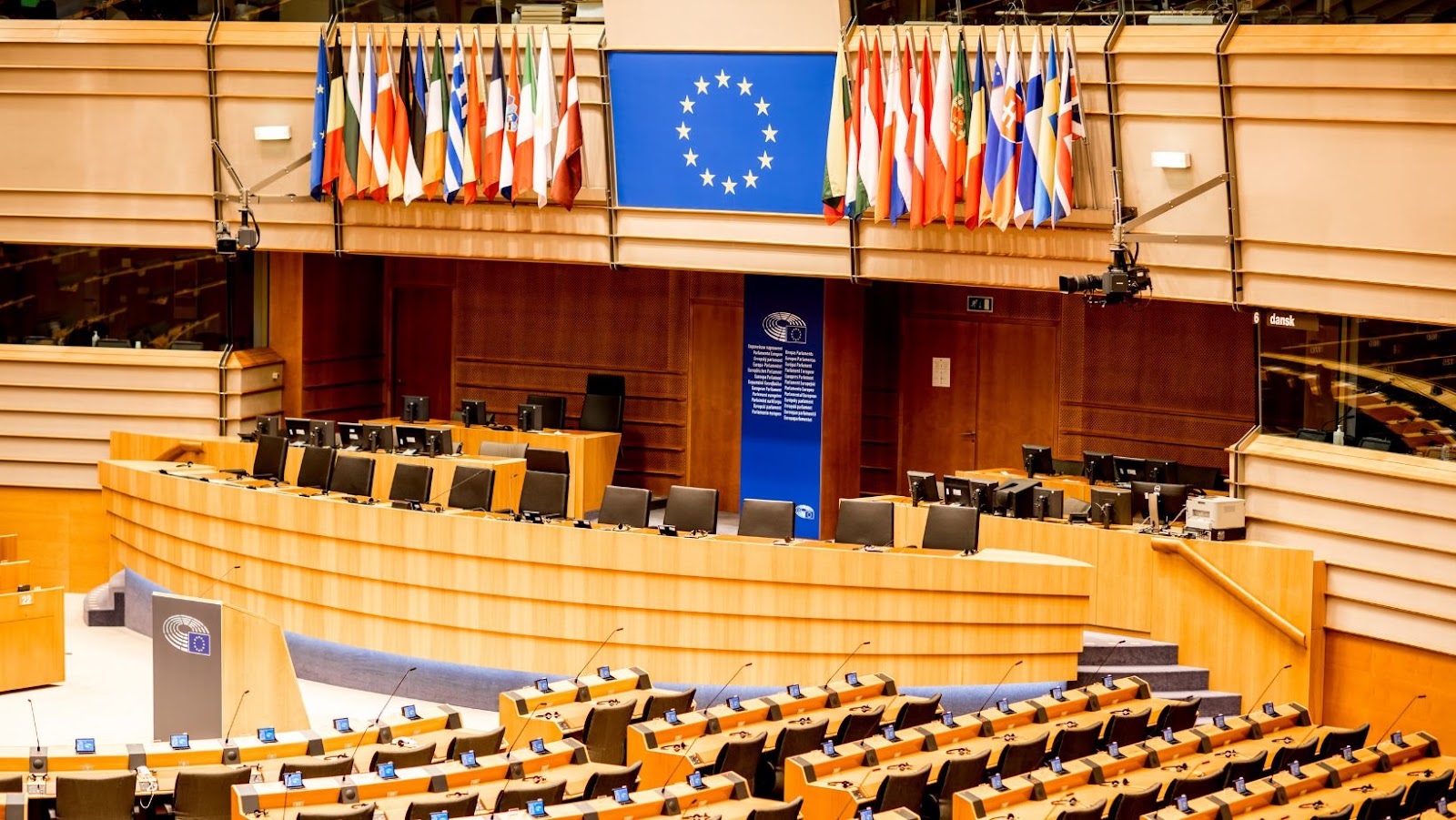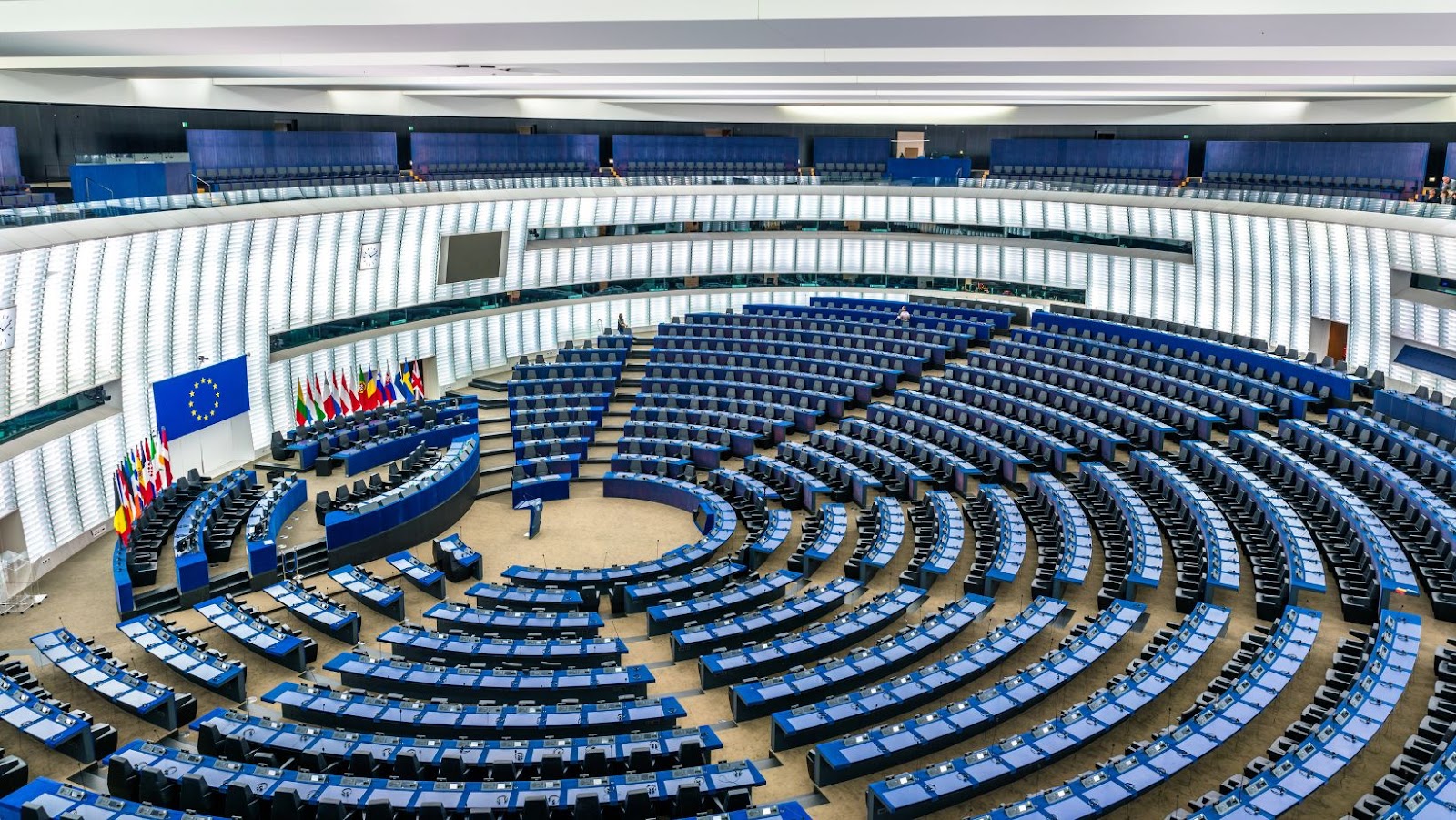
The European Parliament has called for ambitious action to be taken in introducing right to repair legislation across the EU in a significant step towards making repairs easier, more affordable, and more accessible for customers.
The proposal, which the Parliament approved with a vote of 67% in favour and 32% against, outlines objectives for current and future products.
The proposal calls for manufacturers of products commonly found in households – white goods such as washing machines, dishwashers, Vacuum cleaners and lighting products – to provide spare parts within 36 months of the initial purchase. It also requires that information services be available to enable citizens and repair professionals to identify components and diagnose technical problems.
The goal is to reduce annual waste generated by e-waste by encouraging extended repair life cycles on competing models or makes throughout Europe through technical compatibility. This would also include services that provide access to easily shareable spare parts databases. In addition, the legislation intends to create greater competition with European component manufacturers and reduce plastic waste from discarded products excluded from collection systems due to their low economic value.
European Parliament Calls for Ambitious Right to Repair
The European Parliament has called for an ambitious right to repair legislation introduced across the EU. The right to repair is a proposed policy that would provide more clarity and control for consumers over the purchased devices. In addition, it seeks to ensure that independent repairers have access to the same resources and information manufacturers have regarding repairs, to provide consumers with access to more affordable and sustainable repair options. This legislation has particular importance in our digital age where it can be challenging for people and organisations to independently diagnose, troubleshoot, diagnose, and implement fixes when a device is not functioning properly due to technological change and complexity.
Right to Repair proposes various measures concerning the design of products by manufacturers such as:
- Making replacement parts available
- Allowing users unrestricted access (including through opening up sealed components)
- Providing diagnostic tools/application programming interfaces (APIs) so independent repairers easily identify problems
- Ensuring interoperability between genuine spare parts as well as spare parts obtained from third parties or specialised recyclers

Moreover, this proposed policy would also give manufacturers an incentive towards designing products that can be easily repaired by providing compensation in form of tax breaks, or subsidies etc in case of green products or if they adopt environmentally sound practices. This could help reduce global waste streams associated with electrical equipment if passed into law.
Reasons for The European Parliament’s Call
The European Parliament recently issued calls for an ambitious right to repair legislation to be introduced across the EU. This call was made in response to the growing electronic waste problem and the environmental and economic benefits of extending the lifespan of electronics.
In this article, we’ll look at the reasons why the European Parliament has called for more ambitious right to repair legislation:
Economic Benefits of Right to Repair
The European Parliament has called for an ambitious right to repair legislation to be introduced across the European Union. This call is based on the numerous economic, environmental and social benefits this type of policy can bring.
Economically, the right to repair would offer considerable savings for consumers and businesses, as repairing products rather than replacing them can drastically reduce costs. It would also help create new markets and jobs in the repair sector, providing a much needed increase in employment. In addition, this legislation could provide a great boost to small businesses who specialise in repairing electronic goods. With proper support from local authorities or government programs they could become more competitive against larger companies operating across multiple sectors.

Environmentally, the right to repair would reduce wasteful consumption caused by purchasing new items frequently rather than concentrating on product longevity such as servicing and fixing them when necessary. It will also decrease energy consumption during production by avoiding excess power draw when making new items. Additionally, toxic components contained within electronic devices such as mercury, batteries and cadmium will create less air pollution through careful recycling or reuse when disposing of old items responsibly.
Environmental Benefits of Right to Repair
The European Parliament has called for an ambitious right to repair legislation to be introduced across the EU, due to the multiple environmental benefits it would bring.
Right to repair legislation would ensure that manufacturers of electronics and appliances provide clear, easily understandable information about how their products are built, spare parts and necessary tools for users or professionals to repair them. It is possible that providing easy access to materials for repairing products could extend the lifetime of those items.
This chance of longer product life spans could reduce the production needed to fill the needs of consumers using electronic products or appliances. In turn, this will help reduce emission levels resulting from production processes – such as transportation and direct production – that contribute most significantly towards global warming and air pollution.
With more available consumer options for repair services over replacing – right to repair legislation supports businesses who specifically offer these services as an alternative considered by customers as already seen in places like California and Massachusetts which have already passed similar state laws earlier this year 2020. This means a reduction in pressure on waste management systems caused by sending all damaged items directly into landfills, where they end up releasing dangerous gases like methane into Earth’s atmosphere.
Overall, right-to-repair legislation would lead towards a greener planet with advantages such as:
- Reducing emissions from manufacturing processes.
- Helping households save money through lengthier product life spans without needing constant replacements can increase consumption overall, resulting in a greater long-term impact on environmental resources.
Challenges of Right to Repair
The European Parliament has called for an ambitious right to repair legislation to be introduced across the EU, in an effort to support and empower citizens and small businesses to repair their electronics. Although the right to repair offers many promising and tangible benefits to the environment, consumers and businesses, several challenges must be carefully evaluated before such legislation is introduced.

These challenges include economic, technological, and legal obstacles. Let’s take a closer look:
Technical Challenges
The right to repair legislation poses several technical challenges. First, improving the availability of spare parts and components for repairing digital equipment is a main challenge in ensuring that repair activities remain cost-effective. Generally, digital devices contain many components and parts which are costly, hard to access and prone to becoming obsolete quickly due to short product life cycles. Furthermore, manufacturers may restrict what type and amount of spare parts digital equipment can hold.
Second, although there are advances in the complexity of electronic repairs over time, particularly with device miniaturisation, software-operating devices find it challenging to fix them due to manufacturers’ lack of appropriate and detailed technical assistance. Diagnostics become more difficult as repair personnel may lack access to information such as ‘error codes’ necessary for assessing the nature of problems that require greater than easy physical repair sessions (e.g., soldering).
Finally, right to repair requires access not only to physical components but also to firmware updates for technicians or users to carry out more complex repairs making sure that these activities remain cost-effective (i.e., cheaper than buying new models). In certain products, manufacturers could deny the availability of software updates or restrict access only to them. At the same time, they keep total control over device settings which could affect performance significantly.
Legal Challenges
While the European Parliament has called for an ambitious right to repair legislation to be introduced across the EU, significant legal challenges must be overcome to make this a reality. Under current legislation, individual countries have sole authority over domestic product-related laws. As a result, European regulations governing product safety and warranties are harmonised but do not necessarily provide sufficient scope for action.
The implementation of right to repair measures can also face implementation issues within existing copyright laws. For example, it is argued that a manufacturer’s right to control the design and development of a product can undermine or even prevent independent repair of those products – yet doing so may be necessary if consumers are to have access to parts, information and support they need to carry out repairs or upgrades themselves.
The European Parliament has outlined many of these issues as part of their call for an ambitious right to repair measures; however a thorough legal assessment is necessary for an effective solution to be reached – one which takes into account consumer needs and intellectual property rights.
tags = european parliament, governmental body, legislative government, european union, the parliament right eugallagherappleinsider, the parliament eugallagherappleinsider, the parliament right repair eugallagherappleinsider, the parliament repair eugallagherappleinsider, european parliament repair eugallagherappleinsider, parliament right repair eugallagherappleinsider, european parliament eugallagherappleinsider, the european parliament right repair eugallagherappleinsider, parliament repair eugallagherappleinsider, parliament right eugallagherappleinsider, european parliament initiative report, repair raises the bar for policies, support for measures on waste prevention





